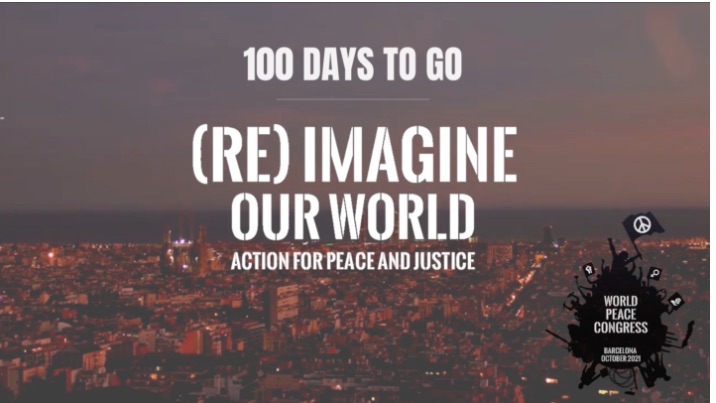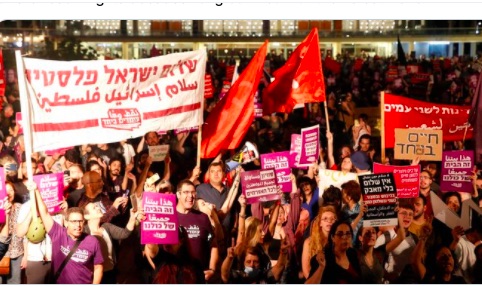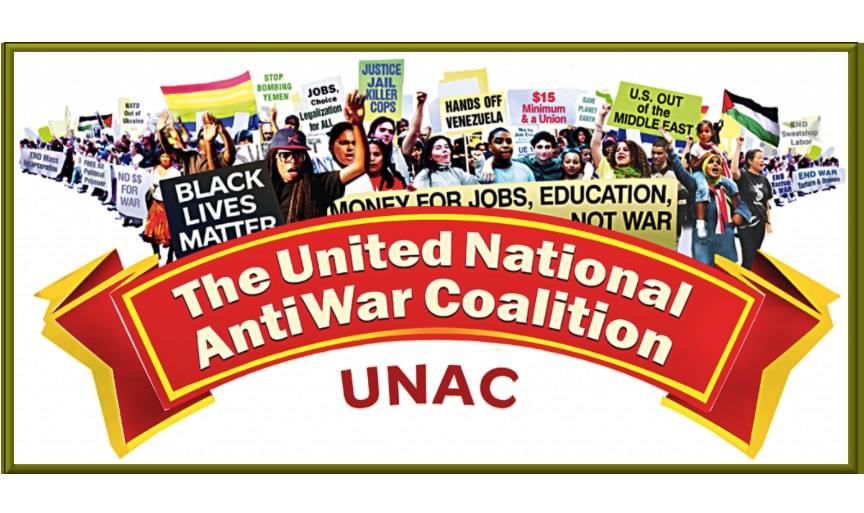. . DEMOCRATIC PARTICIPATION . .
Text taken from the Mayors for Peace PX Vsion and Actio Plan
In order to achieve a world in which all people can perpetually benefit from peace by realizing the total elimination of nuclear weapons and by attaining and maintaining peaceful coexistence between the whole of humanity, subsequent to the 2020 Vision, Mayors for Peace adopted the Vision for Peaceful Transformation to a Sustainable World (PX Vision): Peacebuilding by Cities for Disarmament and Common Security at the 12th Executive Conference in July 2021. Based on this, we will build cities where citizens act with a strong sense of solidarity for the ultimate goal of realizing lasting world peace.

Participants in 12th Executive Conference
(click on image to enlarge)
As the Vision of a global network made up of heads of local governments, whose role is to ensure citizens’ safety and security, it centers on the objective “realize a world without nuclear weapons” in the quest for the eradication of the greatest threat to our peaceful lives.
Another objective, “realize safe and resilient cities,” has been set forth as a target indispensable to ensuring citizens’ safety and security by tackling the issues distinctive to each member’s region that are threatening the coexistence of the human race.
(article continued in right column)
How can culture of peace be developed at the municipal level?
Can we abolish all nuclear weapons?
(article continued from left column)
While accomplishing these two objectives, we must also bring about a fundamentally important paradigm shift involving two things. Firstly, we will seek to change the “nation-minded” approach currently prevalent among global leaders, which prioritizes each country’s own interests, to a “civic-minded” approach, which values mutual aid and the recognition of shared interest. Secondly and more importantly, we will seek to build a consensus in civil society in favor of the realization of a peaceful, nuclear weapon-free world. Through the shift represented by these two things, we will urge policymakers to demonstrate decisive leadership to effect peace-oriented policy change. For this reason, we have set forth a third objective, “promote a culture of peace,” to establish a concrete base for the other two objectives. This entails cultivating peace consciousness and causing a culture of peace—a culture in which the everyday actions of each member of the public are grounded in thinking about peace—to take root in civil society. As a network composed of mayors of local governments, the most immediate presence to citizens, Mayors for Peace has concluded that promoting a culture of peace is the most significant role to fulfill both locally and internationally.
These three objectives to achieve a nuclear weapon-free world, safe and resilient cities, and a culture of peace are mutually reinforcing goals. Together, they aim to cultivate a shared sense of belonging to a single human family, regardless of our cultural, religious, or ethnic differences.
Furthermore, sustainable development of Mayors for Peace as an organization will be key to consistent implementation of various initiatives under this Vision. To that end, in conjunction with further expansion of our membership, we will enhance our members’ initiatives, work in collaboration with a diverse range of groups, strengthen the functions of the Secretariat, and improve our financial capability.
Based on the following Vision and the 2021 – 2025 Action Plan, and in solidarity with 8,037 member cities in 165 countries and regions, we hereby express our determination to continue our utmost efforts toward our goal of realizing lasting world peace.








